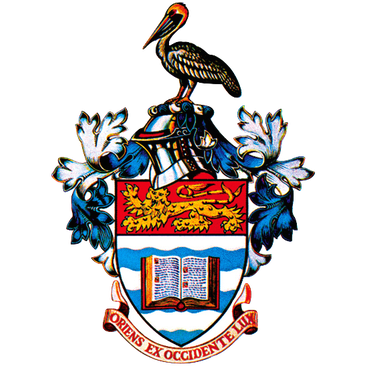Our joint honours degrees allow you to gain a disciplinary understanding both in core Social Policy analyses as well as another subject area.
You will take core courses to understand how social policy affects different parts of society and will learn how different systems of social policy can result in very different relationships between the state and other actors.
You will also learn the foundations of another discipline of your choosing (such as Economics Politics Sociology or Law) in the first two years.
You can gain insights into particular methods of understanding society (for example through the lens of legal studies or economic perspectives) but apply those to real-world problems that stretch beyond the reach of those disciplines to understand the impact particular decisions have on different parts of society.
This allows you in years 3 and 4 to take specialisation courses in both disciplines.
On the Social Policy side of the degree you will be able to choose from a range of specific Social Policy courses (between 2-4) that cover particular policy areas or processes. You will also choose specific options from your second discipline (between 2-4) in addition to the central methods and approaches courses in both disciplines.
You can usually choose in which subject area you want to write your dissertation project in.
Year 1
Social Policy
You will take Social Policy & Society.
In this course we will introduce you to core concepts in the analysis of key government policy areas. We do this by contrasting various lenses through which we can understand social policy. You will explore the consequences of different policy decisions by governments on different parts of society
You will also take Politics of the Welfare State.
This course examines social policy as a political issue in the UK. It introduces you to the politics of the area that constitutes one of the largest sets of government expenditure.
You will be confronted with debates about the different ways of delivering welfare and the interplay between the state and the private sector.
Politics
You will also study three compulsory courses in politics:
Politics and International Relations 1A: Concepts and Debates
Politics and International Relations 1B: The Global Dimension
Political Thinkers (an introduction to political theory)
Year 2
You will take Comparative Social Policy: Global Perspectives.
This course compares different approaches to social policy in European and non-European countries.
In addition you will take Evidence Politics and Policy.
This course will enable you to critically assess how evidence is used or misused by different actors and in the media to influence public opinion.
You will also take a course on research skills and design in which you will learn how to create the foundations for high quality social research yourself.
On the politics side of the programme you will study Comparative Politics in a Globalised World.
Year 3
You will select options that cover a wide array of policy fields such as:
family policy
labour market policies
social inequalities
criminal justice
health policy
education policy
You will also take courses in qualitative and quantitative research methods and a course that will enable you to analyse policies from multiple lenses (economic political and sociological).
Year 4
You will continue to take social policy courses and will complete an individual research project.
This may involve collecting and analysing data and information from sources such as:
the European Commission
UK Government
Scottish Government
local authorities
voluntary organisations
Show less













